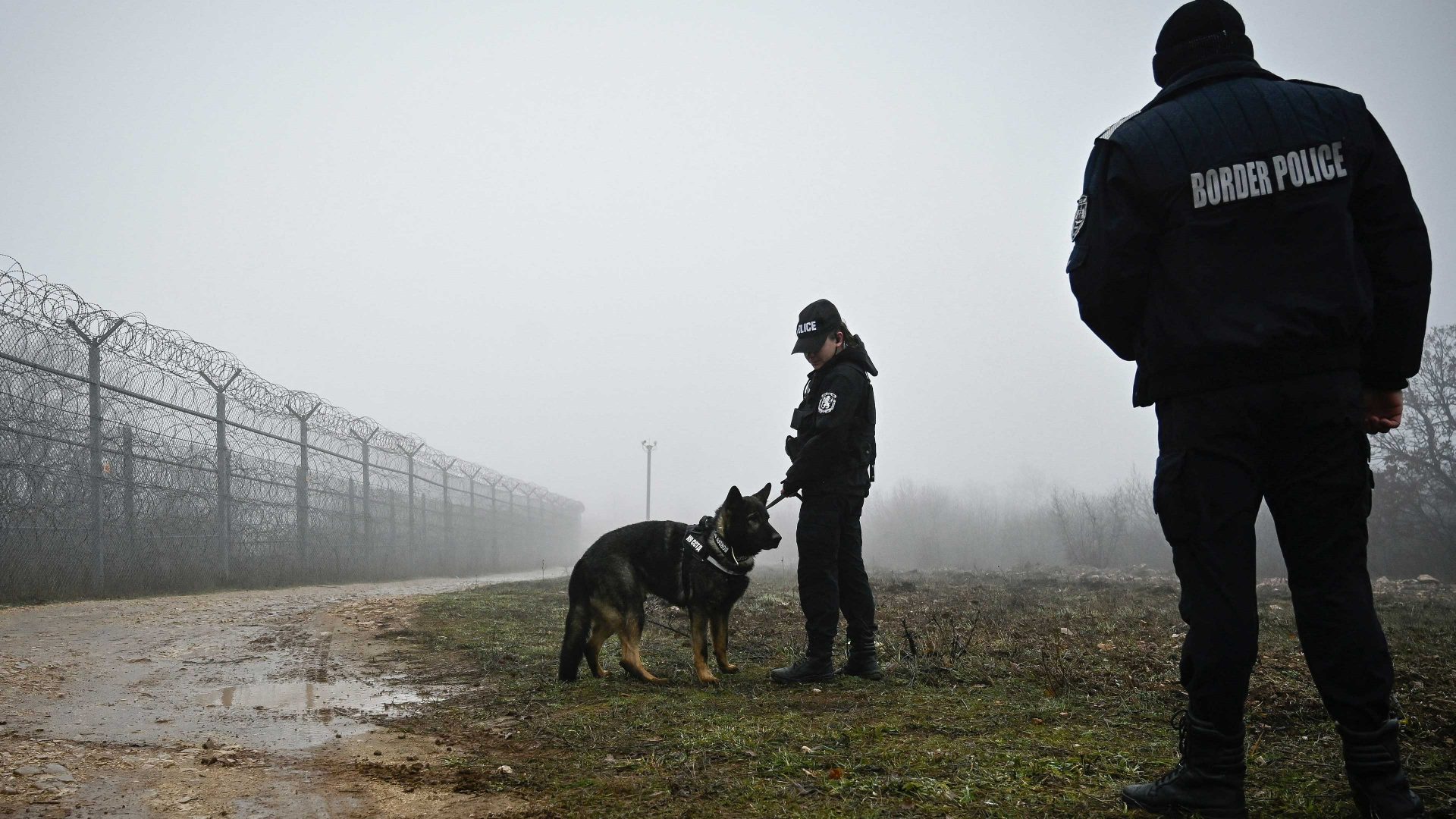Borders are an odd concept on the continent. We complain when we have to cross them, but defend them fiercely when they’re breached. They shape our lives as much as they do our maps and are central to our understanding of what makes a country. And yet, in much of continental Europe, borders aren’t there.
Growing up in southern Bulgaria, I heard stories about being on the front line of the cold war. My region, Thrace, was where the Warsaw Pact confronted Nato. The stories are exactly what you’d expect: intense surveillance, militarised borders, and a seemingly endless stream of poor souls trying to flee the communist regime into Greece and Turkey. Many of them disappeared in the remote forests of the Rhodope and Strandzha mountains.
The picture was not much better in the north, where the Danube acted as a natural border with Romania. A huge island on the Danube was the location of Belene, communist Bulgaria’s most infamous forced labour camp.
Today, we find ourselves in a very different world. What used to be militarised checkpoints with machine guns hidden in the hillsides are now the busiest border crossings in Europe.
Like migratory birds, thousands of Romanians head to Bulgarian beaches in the summer. Bulgarians in turn regularly spend their vacations in Greece, which has become almost like a second home for many Bulgarians. In winter, Greek music rings out in Bulgaria’s ski resorts.
One difference with the rest of the EU remains – border checks. We Bulgarians still have those. Not a summer goes by without complaints from friends stuck at the Greek border for hours. While dreams of Greek islands and souvlaki are enough to keep travellers motivated, it’s hard not to feel like a “second-class” citizen.
Bulgaria and Romania joined the EU in 2007. It was a moment of great optimism and pride for both nations. But 17 years later, we remain blocked from joining the Schengen Area. In 2011, the European Commission decided that Bulgaria and Romania met the entry requirements, but opposition in the European Council has created a decade-long limbo.
In 2022, amid Russia’s invasion of Ukraine, a renewed taste for enlargement emerged in Brussels, and Bulgaria’s political elite hoped this would finally break the deadlock. But after Austria’s surprise veto, that hope has begun to fade.
The sense Bulgarians feel of being second-class citizens has always existed, but has increased in recent years. The persistent vetoes have reinvigorated the populists who seek to stir up resentment. It is made easier by the fact that the former Dutch prime minister, Mark Rutte, never gave a clear reason for his veto. What did he think was wrong with us?
Austria’s veto in comparison has been much clearer – and insulting. The accusation is that Bulgaria’s weak border controls will open the continent to mass migration. This seems especially absurd to Bulgarians, who remember how heavily the country was criticised for its harsh border controls during the 2015-2017 migrant crisis. It now feels as though the country is being punished so that Austria can make a cheap point.
To everyone’s amazement, even after such a long and ugly saga, many leading government figures remained optimistic that a Christmas miracle could still happen. Well, there was no miracle – but there was news. After agreeing to lift sea and air borders a few weeks earlier, Austria announced its conditions for lifting land borders.
The Austrian chancellor, Karl Nehammer, wants the ability to reroute asylum seekers towards Bulgaria and Romania. He also wants randomised checks for arrivals at Austrian airports – even Bulgaria’s many staunch EU advocates feel insulted by this. The government maintains that any progress is a victory.
We Bulgarians have never been huge optimists – the Schengen debate has brought the familiar sense of weariness. The ability of one EU country to cause such dismay in another has not only eroded trust in the EU, but has also given ammunition to reactionaries ahead of the European elections this summer. If Europe is to remain united, we must be treated as equals.



